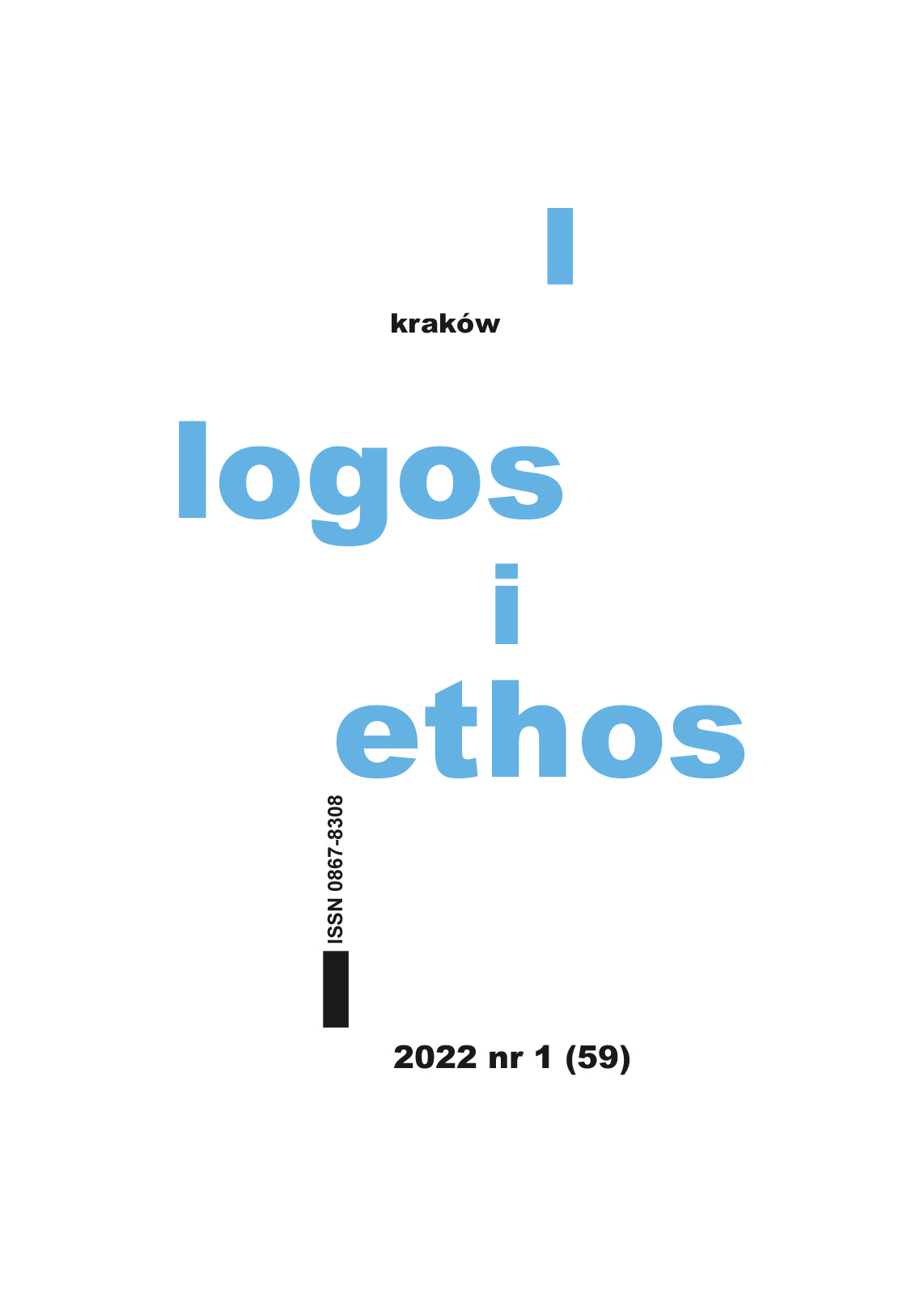“Immediacy of Experience Principle” from the Pirahã tribe as a possible universal basis for epistemology
DOI:
https://doi.org/10.15633/lie.59102Keywords:
Pirahã, the immediacy of experience principle, epistemology, levels of abstraction, ethnophilosophyAbstract
Daniel Everett’s extensive description of the Pirahã tribe allows us to relate the immediacy of experience principle guiding the behavior of its members to a broader epistemological context. In the article, in addition to presenting the principle of the immediacy of experience itself, I argue that it ultimately forms the basis of any epistemology – though it influences subsequent epistemological solutions to varying degrees. The paper also presents the important need to elaborate “levels of abstraction,” which would allow for further research in terms of at least the actual existence of the designations of given so-called abstract concepts.
References
Berlin B., Kay P., Basic Colour Terms: Their Universality and Evolution, Berkeley 1969.
Berlin B., Kay P., Maffin L., Merrifield W., Colour naming across language, w: Color Categories in Thought and Language, eds. C. L. Hardin, L. Maffi, Cambridge 1997, s. 224–240.
Castro E. V. de, Cosmological Deicis and Amerindian Perspectivism, „The Journal of the Royal Anthropological Institute” 4 (1998) nr 3, s. 469–488.
Dąbrowski A., Filozofia informacyjna Luciano Floridiego (ekspozycja nieformalno-logiczna), „Zagadnienia Naukoznawstwa” (2015) nr 4 (206), s. 447–465.
Everett D. L., Cultural Constraints on Grammar and Cognition in Pirahã. Another Look at the Design Features of Humane Language, „Current Anthropology” 46 (2005) nr 4, s. 621–646, https://doi.org/10.1086/431525.
Everett D. L., Cultural Constraints on Grammar in Pirahã: A Reply to Nevins, Pesetsky, and Rodrigues, March 2007.
Everett D. L., Cultural Constraints on Grammar in Pirahã: A Reply to Nevins, Pesetsky, and Rodrigues, „Language” 85 (2009) nr 2, s. 405–442.
Everett D. L., Dark Matter of The Mind. The Culturally Articulated Unconscious, Chicago 2017, https://doi.org/10.13140/RG.2.1.2023.7922.
Everett D. L., Jak powstał język. Historia największego wynalazku ludzkości, tłum. A. Tuz, Warszawa 2019.
Everett D. L., Język, narzędzie kultury, tłum. Z. Wąchocka, P. Paszkowski, Kraków 2018.
Everett D. L., Nie śpij, tu są węże. Życie i język w amazońskiej dżungli, tłum. J. Luty, Kraków 2020.
Everett D. L., Pirahã Culture and Grammar: A Response to Some Criticism, „Language” 85 (June 2009) nr 2, s. 405–442, https://doi.org/10.1353/lan.0.0104.
Everett D. L., Pirahã, w: Handbook of Amazonian Languages, eds. D. C. Derbyshire, G. K. Pullum, Berlin–New York 1986, s. 200–325.
Floridi L., The Method of Levels of Abstractions, „Minds and Machines” 18 (September 2008) nr 3, s. 303–329, https://doi.org/10.1007/s11023-008-9113-7.
Ganascia J. G., Abstraction of levels of abstraction, „Journal of Experimental & Theoretical Artificial Intelligence” 27 (2015) nr 1, s. 23–35, https://doi.org/10.1080/0952813X.2014.940685.
Hale K. L., Gaps in grammar and culture, w: Linguistics and anthropology: In honor of C. F. Voegelin, eds. M. D. Kinkade, K. L. Hale, O. Werner, Lisse 1975, s. 295–316.
Nevins A., Pesetsky D., Rodrigues C., Pirahã exeptionality: A Reassessment, „Language” 85 (April 2007) nr 2, s. 355–404, https://doi.org/10.1353/lan.0.0107.
Oko D., W poszukiwaniu pewności. Próba transcendentalnego ugruntowania metafizyki w filozofiach Emericha Coretha i Bernarda Lonergana, Kraków 2010.
Downloads
Published
Issue
Section
License

This work is licensed under a Creative Commons Attribution 4.0 International License.
Authors who publish with this journal agree to the following terms:
- Authors retain the copyright and full publishing rights without restrictions, and grant the journal right of first publication with the work simultaneously licensed under a Creative Commons Attribution 4.0 International License that allows others to share the work with an acknowledgement of the work's authorship and initial publication in this journal.
- Authors are able to enter into separate, additional contractual arrangements for the non-exclusive distribution of the journal's published version of the work (e.g., post it to an institutional repository or publish it in a book), with an acknowledgement of its initial publication in this journal.
- Authors are permitted and encouraged to post their work online (e.g., in institutional repositories or on their website) prior to and during the submission process, as it can lead to productive exchanges, as well as earlier and greater citation of published work (See The Effect of Open Access).

